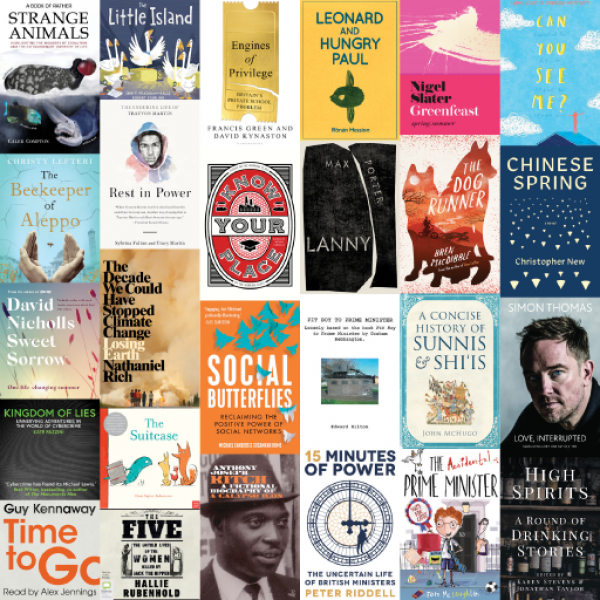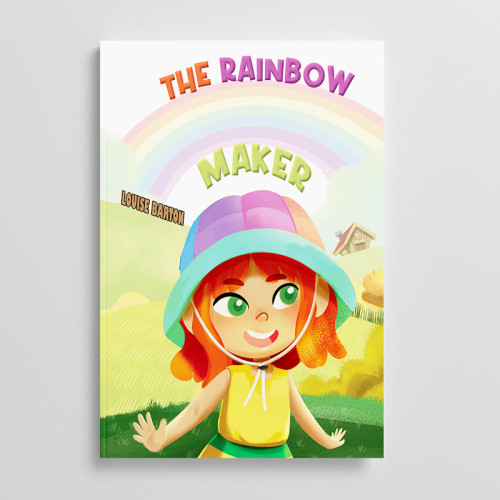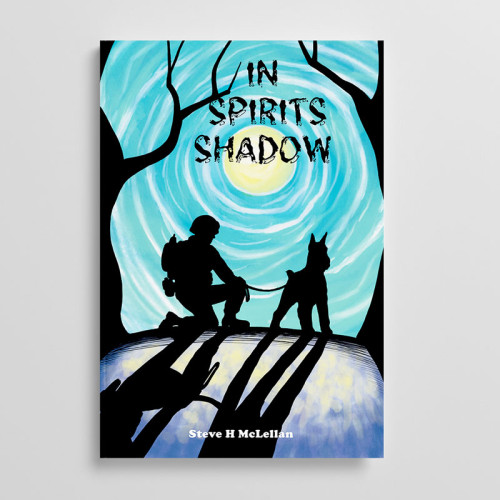
The Publishers Association - Summer Reception
Austin Macauley were absolutely delighted to be able to attend The Publishers Association’s Summer Reception on the 4th of June 2019.
Despite the rain and Trump protests, the reception was hosted beautifully inside The House of Commons, overlooking the River Thames and a scenic view of London, the perfect spot for Chief Executive of the Publishers Association, Stephen Lotinga, to discuss current affairs within the publishing industry.
The Summer Reception was sponsored by Springer Nature, celebrating the 150th year of Nature; the science and technology journal which was first published back in 1849 and saw a wonderful speech on the scientific publishing sector presented by the Editor in Chief of Nature, Magdalena Skipper.
Following current campaigns in the publishing industry, The Publishers Association encouraged publishers, authors, writers, readers, MP’s and the public alike to support Axe the Reading Tax. Traditional, printed books are tax free, however, when purchasing digital books, for example, e-books, audio books, online educational materials, newspapers, magazines etc. a 20% tax is added. Reading within a digital and technological world has changed and being taxed to read in a modern way is unfair. Therefore, the Publishers Association are calling on the UK government to Axe the Reading Tax and this is a cause that Austin Macauley endeavour to support.
If you wish to support this important cause, you can visit www.axethereadingtax.org follow @AxeReadingTax on Twitter and Join the conversation with #AxetheReadingTax
The Publishers Association also announced their 2019 Summer Recess Reading List for Parliamentarians prior to the Summer Reception and, Austin Macauley are proud to announce that A Book of Rather Strange Animals, by Caleb Compton, was selected amongst the few! The Summer Reception was supported by a variety of MP’s, and we hope that those that received a copy enjoy each of its 100 strange animals!
Readers can purchase a copy of A Book of Rather Strange Animals here – https://www.austinmacauley.com/book/book-rather-strange-animals and for more whacky and weird creatures, can follow @StrangeAnimals on Twitter!
The event also held copies of the National Literacy Trust’s 2019 research report. Having been commissioned by The Publishers Association, the National Literacy Trust’s latest report delves into recent research on children, young people and digital reading, providing interesting facts and figures about their reading habits and behaviours in a currently digitalised generation.
The report is an encouraging read for anyone in the publishing industry and provides an in-depth insight into the current behaviours of the younger generation with combined reading and education. We’ve highlighted some of the key findings below that we found interesting!
The below results are based on the National Literacy Trusts 2019 survey, made up from 56,905 young people and children.
Print is the dominant reading format for most young people and children aged 9 to 18.
Most children and young people aged 9 – 18 say they read fiction (54.6%), non-fiction (45.0%), comics (27.3%), magazines (31.3%) and poems (21.5%) on paper rather than a screen. However, song lyrics (56.1%) and news (32.1%) were more likely to be read on a screen.
With the exception of poem, older pupils (aged 14-18) are more likely to engage with reading on screen than younger pupils (aged 8-14) regardless of the material.
Girls are likely to read a greater number of materials both on screen and paper than boys. However similar percentages of boys and girls read the same material, on screen, on paper and or both.
Children and young people aged 9-18 who have a high reading engagement, are less likely to read on screen only and more likely to read on both paper and screen.
Children and young people aged 9-18 who enjoy reading are more likely to say they read a range of materials both on paper and on screen.
Children and young people aged 9-18 who don’t read daily are much more likely to say that they read on screen only.
Children and young people aged 9-18 who have poor reading attitudes are more likely to read materials on screen compared to peers with average or positive reading attitudes.
Overall, it was a delight to attend The Publishers Associations Summer Reception, a wealth of knowledge was gained about the current happenings in the Publishing Industry, providing avenues for Austin Macauley to research in to further.



